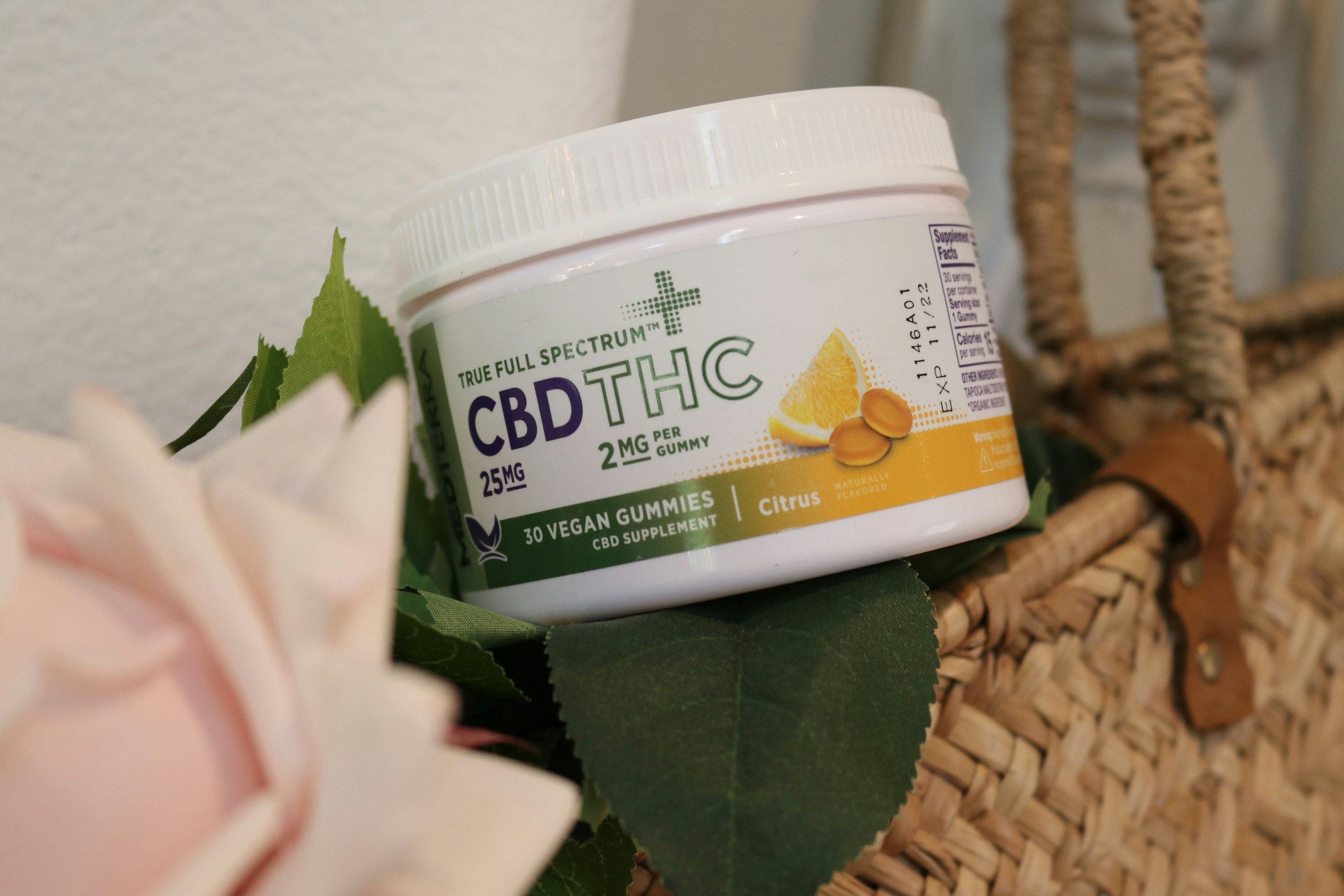Key Takeaways: This article explains the key differences between THC and CBD, both compounds derived from cannabis. THC is psychoactive, causing a “high” and carrying potential risks like addiction and anxiety, while CBD is non-psychoactive and offers therapeutic benefits such as pain relief and anxiety management. The legal status of THC and CBD varies, and users should stay informed about regulations in their area.
In recent years, the conversation surrounding cannabis has evolved significantly, with much of the focus being on CBD (cannabidiol) and THC (tetrahydrocannabinol). While both compounds are derived from the cannabis plant, they serve different purposes and have distinct effects on the body. Understanding the differences between THC vs. CBD is crucial, especially for those who use these substances for medicinal purposes or are navigating recovery from substance use. Read on to learn more about the effects of different cannabinoids, how THC and CBD are different, their effects, legal status, CBD benefits, and THC risks.
Are CBD and THC Different? The Basics of THC and CBD
To start, it’s essential to understand that both THC and CBD are cannabinoids, which are naturally occurring compounds found in the cannabis plant. They share the same molecular formula—21 carbon atoms, 30 hydrogen atoms, and 2 oxygen atoms—but their arrangement differs. This slight variation in structure leads to significant differences in how each compound interacts with the body.
THC: The Psychoactive Component
THC is the most prevalent cannabinoid found in marijuana plants, typically containing more than 0.3% THC, and in some cases, as high as 30%. It is primarily known for its psychoactive properties, which produce the “high” sensation that many users experience. This effect occurs because THC binds to cannabinoid receptors in the brain, particularly the CB1 receptors, which are responsible for regulating mood, memory, and pleasure.
There are medical uses of THC that offer therapeutic benefits, such as pain relief and reduction of inflammation, but it also comes with a range of potential negative side effects, like “weed shakes.” There are also THC metabolites in urine, which could potentially affect employment or court-related mandates.
Users may experience
- Anxiety
- Depression
- Dry mouth
- Red eyes
- Impaired memory
- Paranoia
The risk of addiction is another critical concern; statistics indicate that approximately 1 in 10 people who use marijuana may develop a dependency, with the likelihood increasing for those under 18.
For individuals in recovery from substance use disorders, the use of THC can pose unique challenges. The concept of “cross addiction” is a significant concern, where individuals may substitute one substance for another, potentially leading to a cycle of dependency. Therefore, those in recovery need to approach THC use with caution and consider the implications it may have on their overall wellbeing.
CBD: The Non-Psychoactive Alternative
In contrast, CBD is derived primarily from the hemp plant, a variety of Cannabis sativa that contains less than 0.3% THC. This low concentration of THC means that CBD does not produce a high, making it a popular choice for individuals seeking the therapeutic benefits of cannabis without the psychoactive effects. Broad-spectrum CBD and CBD without THC also do not produce metabolites in urine, making it a safe alternative. Will CBD show up on a drug test? The answer is no.
CBD interacts with the body’s endocannabinoid system, which maintains homeostasis or balance within the body. Instead of binding directly to CB1 or CB2 receptors, CBD works by enhancing the body’s own production of cannabinoids and slowing their breakdown. This unique interaction allows CBD to provide a range of health benefits, including CBD for pain. People may also use CBD smoke or a CBD tincture for many other reasons, such as
- CBD for panic attacks
- CBD for skincare
- CBD for ADHD
CBD can be used to treat other conditions as well, according to some, such as anxiety and depression. When it comes to CBD vs THC for pain, CBD is typically a safer alternative for those in drug and alcohol recovery. Can you take too much CBD? This is possible – so always take doses as labeled on the container or bottle.
The Healing Properties of CBD
The growing popularity of CBD can be attributed to its myriad health benefits. Many users report significant relief from chronic pain conditions, such as arthritis and fibromyalgia, as well as improvements in sleep quality and anxiety levels. CBD is available in various forms, including oils, tinctures, gummies, lotions, and even protein powders, making it accessible for a wide range of users.
How are THC and CBD different? Research suggests that CBD may have neuroprotective properties, making it a potential candidate for treating neurological disorders such as epilepsy and multiple sclerosis. As more studies emerge, the therapeutic potential of CBD continues to expand, leading to its increased acceptance in both medical and wellness circles. Can you get addicted to CBD? It is possible to overuse anything; however, the risk of dependency is low when using CBD.
Understanding how THC and CBD are different is critical for anyone considering their use, especially for those in recovery or currently using substances. While both cannabinoids offer potential therapeutic benefits, they come with distinct effects and risks. CBD provides a non-psychoactive alternative that can aid in pain relief and anxiety management, while THC, despite its therapeutic properties, carries a higher risk of addiction and negative side effects.
If you or someone you know is struggling with drug or alcohol addiction, Mountainside can help. We offer individualized and comprehensive services for all stages of your recovery, from detox to aftercare. Speak with an admissions specialist today!
If you or a loved one is struggling with addiction, Mountainside can help.
Click here or call (888) 833-4676 to speak with one of our addiction treatment experts.

 By
By 






